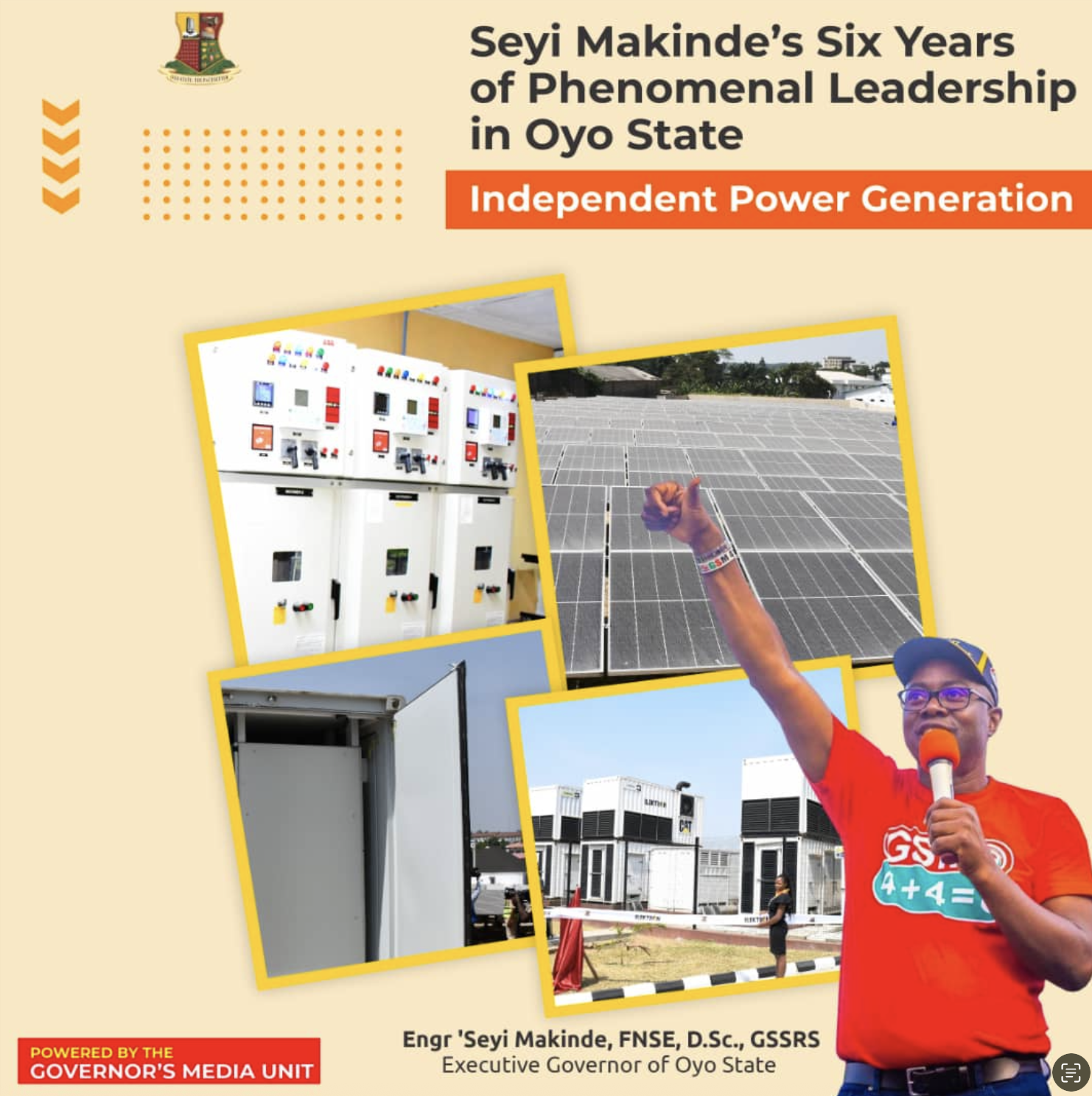Herders who had migrated from Oyo State to Kwara State now occupy 13 villages across seven local governments in the Northcentral state, it was learnt on Tuesday.
The local governments include Barute, Ifelodun/Irepodun, Ilorin and Aasa.
The relocation sparked panic among villages who fear a repeat of the Igangan crisis in their communities.
Oyo State Governor Seyi Makinde and his Kwara,State counterpart, AbdulRahman AbdulRasak, met at Ibadan, the state capital, to brainstorm on how to tackle the socio-economic challenges arising from the migration.
They resolved to set up a joint security committee to prevent herder/farmer clashes as part of measures to foster security in the two states.
The proposed committee is expected to suggest ways of tackling the implications of migration, following the communal crises in Igangan.
The two governors acknowledged that the resolution of the challenges is in the interest of the two states.
Political differences disappeared as both Makinde, a chieftain of the Peoples Democratic Party (PDP), and AbdulRazak, a stalwart of the All Progressives Congress (APC), resolved to deal with the security issues through effective inter-government relations.
The governors resolved to deepen inter-state intelligence gathering, mobilise traditional rulers in border towns to foster unity and cooperate with security agencies in tackling insecurity.
The two governors also agreed on the need to beef up security in their states and provide succour to Internally Displaced Persons(IDPs).
Makinde lamented that the Internally Displaceod Persons (IDP) are now in 13 villages across seven local governments in Kwara State, stressing that attending to their welfare is challenging.
He said Oyo will emulate Kwara by implement the National Livestock Transformation Plan, which has been in operation in Kwara since last year.
Lamenting the communal clashes that led to the migration, Makinde said:”They asked somebody to leave Igangan and that has created issues in Kwara State, where internally displaced persons now are spread over 13 villages and seven local government areas in Kwara State with its attendant challenges on the maintenance of these individuals.”























